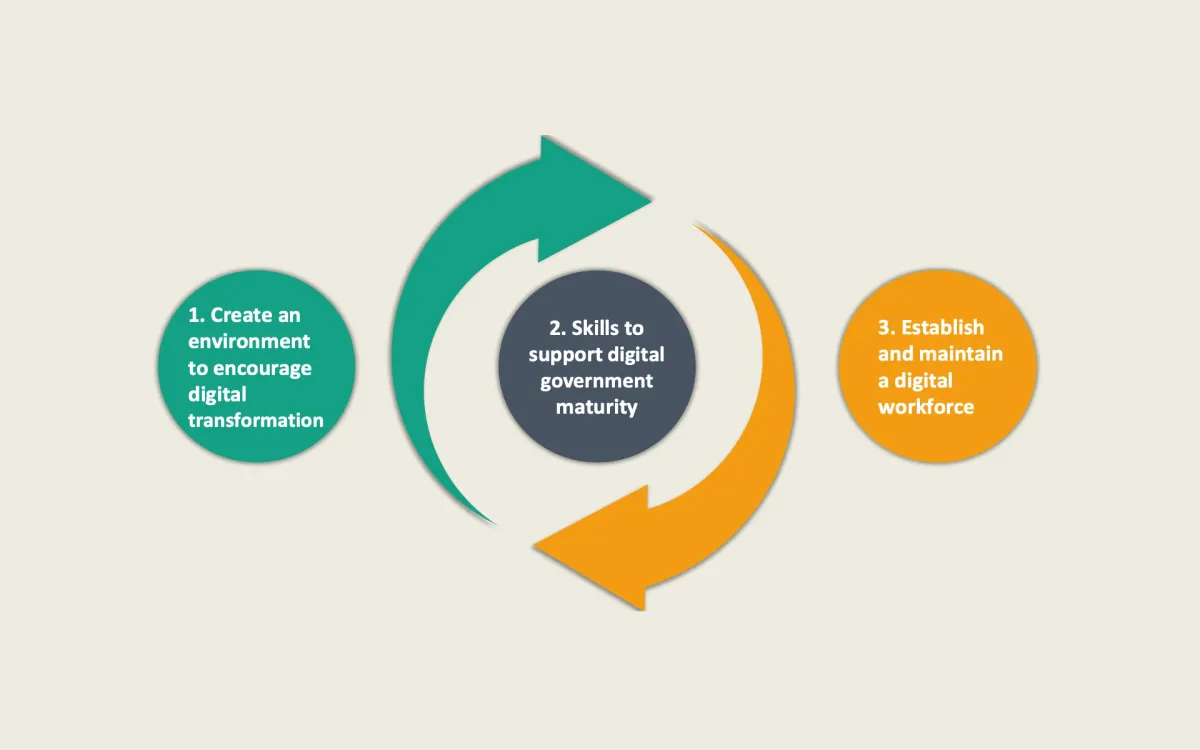
On October 15, 2024, the G7 Digital and Technology Ministers released a groundbreaking toolkit to guide the use of artificial intelligence (AI) in government. The "G7 Toolkit for AI in the Public Sector" aims to support governments in "developing, deploying, and using AI in the public sector in a safe, secure, and trustworthy manner."
Developed in collaboration with the OECD and UNESCO, the toolkit provides a framework for assessing AI applications, identifying necessary skills and competencies, and implementing policies to coordinate AI adoption across public institutions. It draws on survey responses from G7 members as well as existing work by international organizations.
Key recommendations from the toolkit include:
- Establishing clear strategic objectives and action plans for AI initiatives
- Including user voices in shaping strategies and implementation
- Overcoming siloed structures in government for effective governance
- Establishing robust frameworks for responsible AI use
- Improving scalability and replicability of successful AI initiatives
- Enabling more systematic use of AI in and by the public sector
- Adopting an incremental and experimental approach to AI deployment
The toolkit highlights emerging trends in public sector AI use among G7 members. According to the document, "About half of the reported AI use cases in the public sector in G7 members are set to increase the efficiency of public sector operations." Additionally, "One fifth of the reported use cases concern internal and external oversight functions to improve government accountability and another fifth seeks to improve responsiveness of public services."
Popular use cases include chatbots to provide faster citizen support, AI-powered fraud detection systems, and tools to streamline administrative processes. For example, the toolkit mentions Italy's social security administration, which "developed an AI system for classifying and sorting emails, allowing public servants to reallocate their time and effort into more meaningful tasks."
The document emphasizes several key implementation challenges governments must address:
- Strengthening infrastructure: The toolkit notes that "Supporting infrastructure is critical for the scaling up of AI in the public sector, serving as the backbone for integrating advanced technologies into government services and functions."
- Procuring AI and partnering outside the public sector: "Effective AI scaling in the public sector requires innovative and flexible procurement processes and policies that align with AI's fast-paced and experimental nature."
- Upskilling the public sector: The toolkit emphasizes that "There is a growing demand for specialised technical skills for AI development and deployment, as well as adequate AI literacy and digital skills."
- Establishing frameworks for data governance: "The scaling up and systematic use of AI in the public sector requires effective data governance, as 'data are the foundational building blocks of AI [systems].'"
- Monitoring AI implementation: "Monitoring AI in the public sector can help achieve expected benefits, ensuring long-term sustainability, and fostering public trust."
To tackle these issues, G7 members are adopting various policy solutions. For instance, the toolkit mentions that "Italy developed the National Digital Data Platform which offers big data solutions, including data lakes, to facilitate the easy access, sharing, and analysis of large volumes of raw and unstructured data from the public administration."
The document also outlines a step-by-step implementation journey for AI projects, from initial problem framing through to scaled deployment. It emphasizes the importance of prototyping, piloting, and continuous stakeholder engagement throughout the process.
While highlighting AI's transformative potential, the toolkit stresses the need for appropriate safeguards. It recommends measures like algorithmic transparency requirements, AI impact assessments, and dedicated oversight bodies to mitigate risks.
As the toolkit states, "The widespread implementation of AI in the public sector requires continuous oversight throughout the AI lifecycle to ensure its impacts align with desired objectives and user needs while identifying the impact on human rights and fundamental freedoms, and addressing challenges such as algorithmic biases, privacy concerns, and potential misuse."
By providing this comprehensive guidance, the G7 Toolkit for AI in the Public Sector aims to help governments navigate the complex landscape of AI adoption, ensuring that these powerful technologies are leveraged responsibly to improve public services and operations while maintaining citizen trust and upholding democratic values.

